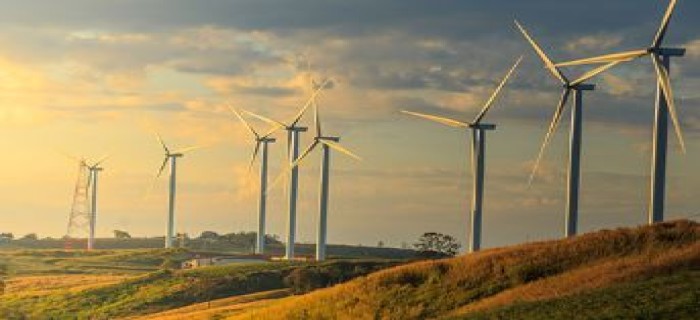
India's Strategic Push to Accelerate Green Energy Investments
Industry leaders emphasised at an event that India’s energy transition is progressing well, backed by supportive policies, access to financing, and the deployment of advanced technologies, positioning the country as one of the most appealing destinations for investment.
Auguste Tano Kouame, the World Bank's Country Director for India, stated that the country's ambitions are "nicely measured" and its commitment to the nationally determined contributions (NDCs) made at the 26th Conference of the Parties (COP26) to the United Nations Framework Convention on Climate Change (UNFCCC) is "quite credible."
India has pledged to achieve 500 GW of non-fossil fuel energy capacity, fulfil 50% of its energy demand from renewable sources, reduce projected carbon emissions by 1 billion tonnes between 2021 and 2030, and lower carbon intensity by 45% by 2030 compared to 2005 levels. Additionally, the country has committed to reaching net-zero emissions by 2070.
As its economy continues to expand, India has the potential to play a pivotal role in the global renewable energy supply chain. "With the increasing demand for components used in solar, wind, and electrolyser technologies, India is well-positioned to take the lead in meeting global supply needs," said Kouame.

.gif)
.jpeg)
leave your comment